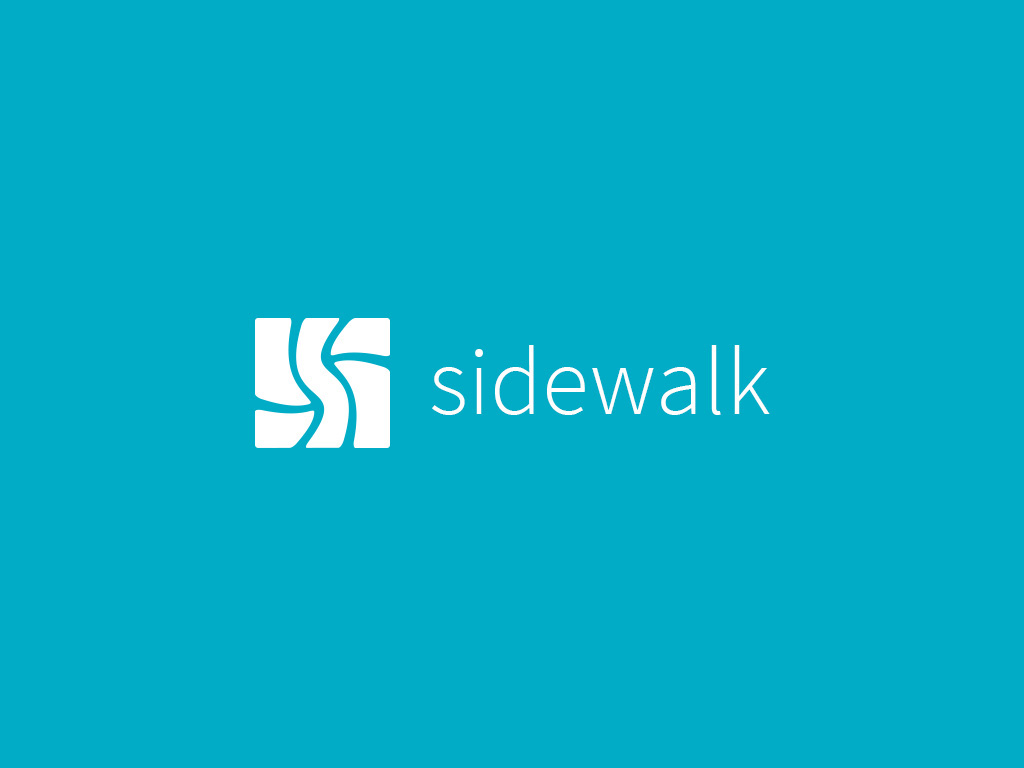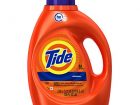Earlier this year my brother Jonathan and I chatted at length about the poor state of commercial radio today. We reminded each other of our childhood dreams and passions. How years ago we dreamed and hoped that one day we would own a radio station. Passionate about music, writing, sharing and communicating ideas. And if it wasn't a radio station, it could be a newspaper or a magazine. Over the years that ensured we vicariously lived this dream. Jon started an underground (alternative to the school financed) newspaper in high school (censored, rather — shut down — by the principal). I published a family newsletter, both of us worked as DJs in college and I did a stint at a commercial radio station. I also wrote amd shot photographs for the college paper. Those were the days.
We talked and as we loaded our iPods with our favorite songs and created playlists for virtually every occasion we, in a sense, were creating our own commercial radio station for an audience of few. We realized that our source of new music, news and entertainment comes less and less from mass media outlets such as radio stations and television. The choices are few and in most cases uninteresting.
We reminisced about the great radio stations we grew up with from NYC area. WPLJ. WNEW. And even from Long Island, WLIR. Most of these stations are gone, or if they're still on the air their best days are over. I remembered fantasizing when listening to Alison Steele's (“the nightbird”) smooth, breathy voice late night in high school. Or learning about new music and old from Scott Muni (RealPlayer required), Vin Scelsa and Pat. St. John. Even those radio stations I came to love when I first moved to Los Angeles (KLOS, KMET, KSCA, KROQ and others) are gone or are barely recognizable from the hey day of LA Radio. (the last two links above are audio files, take a moment and listen)
Truly all radio stations must attract listeners, raise ratings and lure advertisers. All of which makes for happy investors or owners. But radio, as we have known it, has changed. And not for the better. Fact is, in just over five years two companies have quietly gobbled up local radio stations coast to coast.
[…] Back in 1996, the two largest radio chains owned 115 stations; today, those two own more than 1,400. A handful of leading owners used to generate only a fifth of industry revenue; now these top five rake in 55 percent of all money spent on local radio. […]– William Safire –
The result is typical of any industry consolidation, but for me and my brother the sad thing for us to experience is how radio has become sterile, homogenized and frankly — too safe.
[…] Yesterday's programming diversity on the public's airwaves has degenerated to the Top 40, as today's consolidating commodores borrowing public property say “the public interest be damned.” […]
So when I read William Safire's op-ed in today's New York Times I let out a verbal and loud, right on. Safire, not one for government intervention, speaks not for pro-regulation but for pro-competition. And we're not talking protectionist measures either.
[…] Does this make me (gasp!) pro-regulation? Michael Powell, appointed by Bush to be F.C.C. chairman, likes to say “the market is my religion.” My conservative economic religion is founded on the rock of competition, which [~] since Teddy Roosevelt's day [~] has protected small business and consumers against predatory pricing leading to market monopolization. […]
As an advertising and marketing consultant I can't ignore the reach and power of the top TV, radio, cable and internet outlets. Sure, I'd like to show my clients creative ways to leverage the agile, innovative and otherwise alternative outlets. But at what cost? It's unfortunate. But these can be and usually are cost-prohibitive. Top that off with the massive spending by broadcast and entertainment lobbies and you soon realize that smaller and alternative outlets simply can't compete.
[…] the big bucks go into broadcast TV, with its unmatchable cost per thousand viewers. And stop to examine the highly hyped “competition” that consolidating media profess to fear: the leading 20 Internet sites and biggest cable channels are already owned by the expansive likes of G.E.-NBC, Disney , Fox, Gannett, AOL Time Warner , Hearst, Microsoft , Cox, Dow Jones, The Washington Post and The New York Times […]
If my brother Jon and I were to dream today about our own station, the exciting developments are on the internet. Much like FM radio in the 60's, internet radio streams became the new radio underground. Many of these stations were forced to shut down last year because they couldn't afford to make hefty royalty payments. These payments (much more costly than 'traditional' media) the result of DMCA legislation — which has been well documented, discussed and debated in the weblog community.
[…] The controversy stems from landmark digital copyright legislation passed in 1998, in which Congress said Webcasters would be required to pay labels and artists a fee to play their music online. This created a new type of royalty, as ordinary radio stations have long paid songwriters a small royalty but have never paid labels or artists themselves. […] from c|net
For now there's a six-month reprieve thanks to the unanimous approval by the House and Senate of “The Small Webcaster Settlement Act” (H.R. 5469). Still, one must wonder what is the future of radio? All radio. For me? I can only dream again. I dream of Internet Radio. Like a child, today it's an infant. But I wish and hope for the brightest future for this youngster. Sure, I can see it becoming a raging adolescent screaming for attention. Complete with rage, angst and an identity crises showdown. As it begins to mature and refine, it reignites interest in diversity or music and message. New artists are discovered and find outlets for their music — independent of the behemoth entertainment distribution machine — and people like you and me discover them.
It's ironic as I write this story, I'm using a web publishing/content management system aptly named Radio. Dave Winer and his team including John Robb and others at Userland Software have created a tool that allows me and other bloggers to publish and ultimately give us the ability to reach millions of readers. Combine this with the ability to stream 'syndicated' content through RSS and I've got a blog broadcasting system. Readers of The Digital Tavern – for the sake of clarity send me feedback and comments from all over the world including Germany, Sweden, Brazil, Thailand, Malaysia, Bali, England, South Africa, Hungary, Australia, France, Spain and Italy.
Soon more advanced publishing systems and technologies will give you and me the ability to broadcast as well as publish. To be sure, we will be responsible to our own economic realities. But we'll also be responsible for being true to our ideals, passions, dreams and spirit. There is a silver lining in the clouds of challenge that temporarily obscure or dampen those passions and spirit. The community of weblogs (bloggers) that is the latest wildfire blazing through the internet gives me hope that radio will be reinvented right here.
Invisible airwaves crackle with life
Bright antennae bristle with the energy
Emotional feedback on timeless wavelength
Bearing a gift beyond price, almost free
All this machinery making modern music
Can still be open-hearted.
Not so coldly charted
It's really just a question of your honesty, yeah,
Your honesty.
One likes to believe in the freedom of music,
But glittering prizes and endless compromises
Shatter the illusion of integrity.
From “The Spirit of Radio” by Neil Peart – RUSH
Technorati Tags: Allan Karl, Blog, DigitalTavern, Music, Radio, Broadcasting



